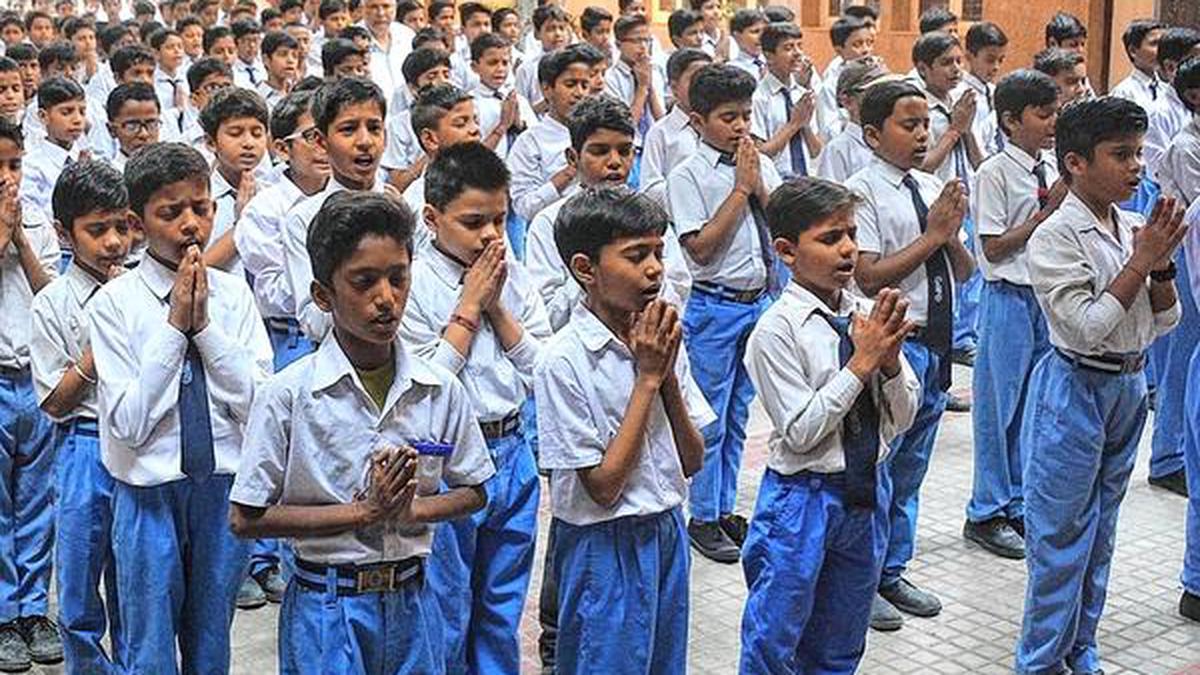


CASE: Kerala Pradesh School Teacher's Association & Anr. v. State of Kerala and connected cases
The Kerala High Court recently overturned the State Education Department's decision to designate Saturdays as working days for aided and government schools for the 2024-25 academic year.
Justice Ziyad Rahman AA annulled the new school academic calendar to the extent it required 25 out of 35 Saturdays to be working days.
The Court's decision came after noting that the Director of General Education had failed to consult relevant stakeholders or consider the impact on students' mental health and well-being.
“The views of the experts in Education and psychology of children to assess the impact on mental health were also not considered. The classification of the students into two categories, as made in the Right to Education Act, is not taken into account. The possibilities for putting a system in place based on the working hours or instructional hours contemplated in the Right to Education Act are also not explored. The decision is apparently taken in undue haste, without considering the relevant parameters, and without proper consultations and hearings of the stakeholders and experts,” the Court observed.
The Court also emphasized that academic instruction encompasses not only learning but also the promotion of social interactions, recreational activities, and personal development through extracurricular engagements such as sports, arts, and participation in organizations like the National Cadet Corps (NCC) and National Service Scheme (NSS).
“Education is not necessarily imparted through the academic studies provided by the educational institutions alone, even though the same is the most predominant source...Such interactions can occur only if the students are provided with ample opportunities for the same through recreational activities, sports, games, arts, or other methods that could implant within them an affinity towards social commitments and personal relationships. The activities of organizations such as NCC, NSS, etc., are also essential, and necessary provisions for the same are also to be made,” the Court stated in its judgment.
This ruling came in response to several writ petitions filed by teachers' associations, parents, and students challenging the Director of General Education's authority to issue a new academic calendar for 2024-25. The revised calendar increased the working days from 205 to 220 for high schools and set 195 days for higher secondary classes, excluding exam days.
Traditionally, government schools followed a five-day week with Saturdays and Sundays off.
The petitioners argued that the decision to designate 25 Saturdays as working days marked a significant policy shift that could only be authorized by the State Government under the Kerala Education Act and Rules.
They contended that the Director had overstepped his jurisdiction by ignoring existing norms and the classification of students under the Right to Education Act, 2009.
Conversely, the Additional Advocate General defended the changes, asserting that the Director acted within his administrative powers and that the adjustment to include some Saturdays as working days was planned to meet the statutory requirement of 220 instructional days as stipulated by the Kerala Education Rules (KER).
The Court noted that while the Kerala Education Act and Rules allow some flexibility in managing the academic calendar, this flexibility does not extend to changes that effectively alter the established policy framework.
It referenced Rule 4(3) in Chapter VII of the KER, which allows schools with a majority of Muslim students and staff to observe Fridays as holidays, implying that a five-day school week is the norm. The Court highlighted that, despite the lack of a formal declaration, Saturdays have been treated as de facto holidays in schools for decades.
The Court concluded that the Director had exceeded his authority by altering the established five-day work week without proper consultation, effectively making a policy decision that should have been addressed by the State government.
Consequently, the Court annulled the notification and the academic calendar to the extent that it designated 25 Saturdays as working days and directed the State Government to reconsider the matter.
The Court emphasized that the State must adhere to central statutes and involve stakeholders and experts before implementing significant policy changes.
The Court disposed of the petitions, clarifying that the judgment applies only to the remaining Saturdays that were designated as working days.
TAGS: Kerala High Court Education Department Working Saturdays Academic calendar Student well-being consultation Policy decision